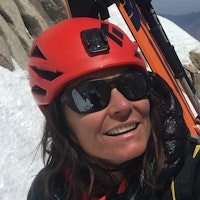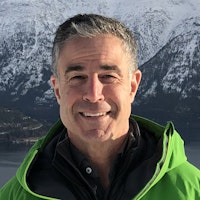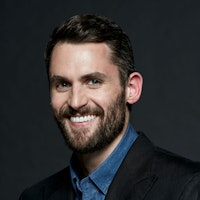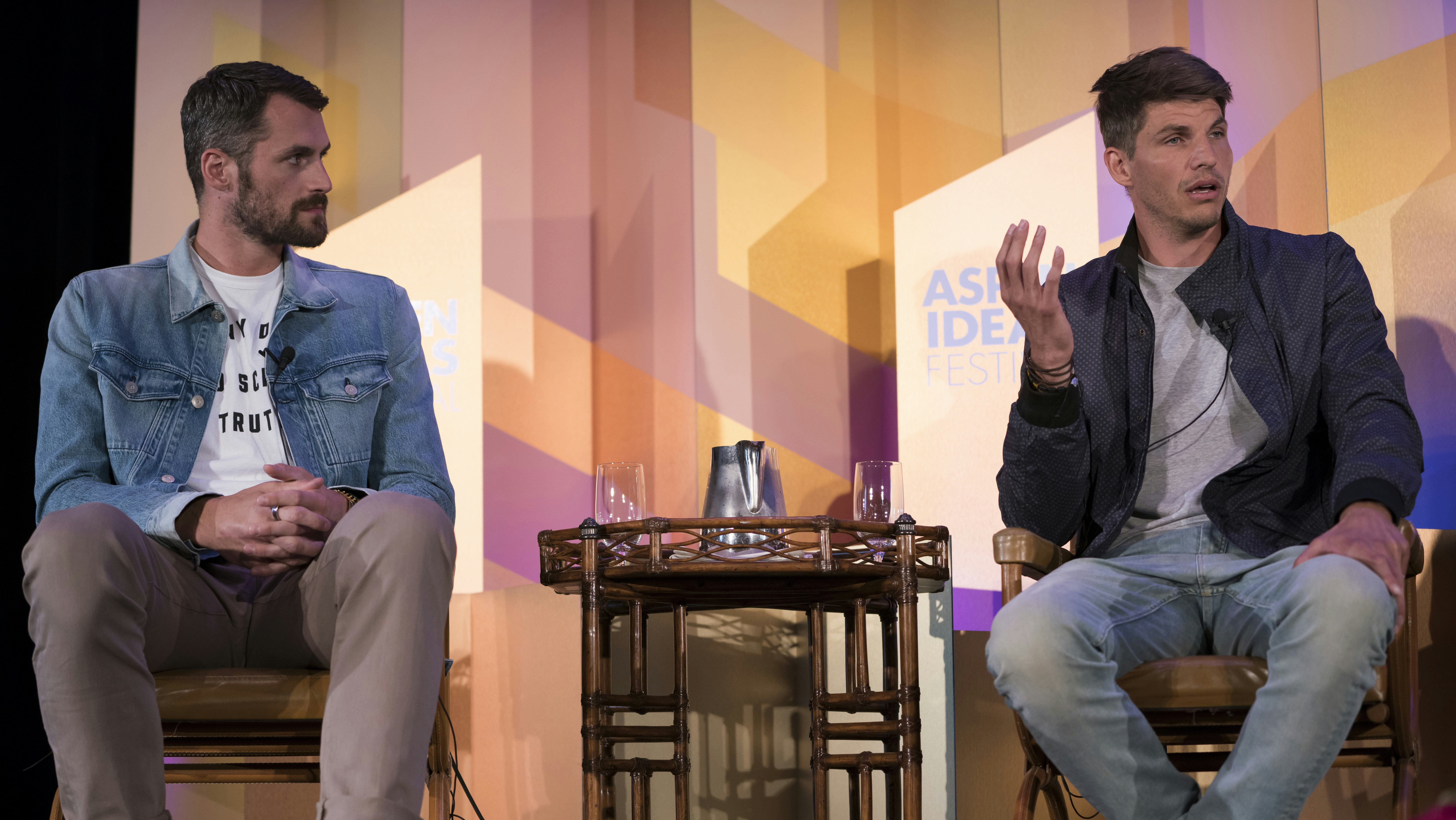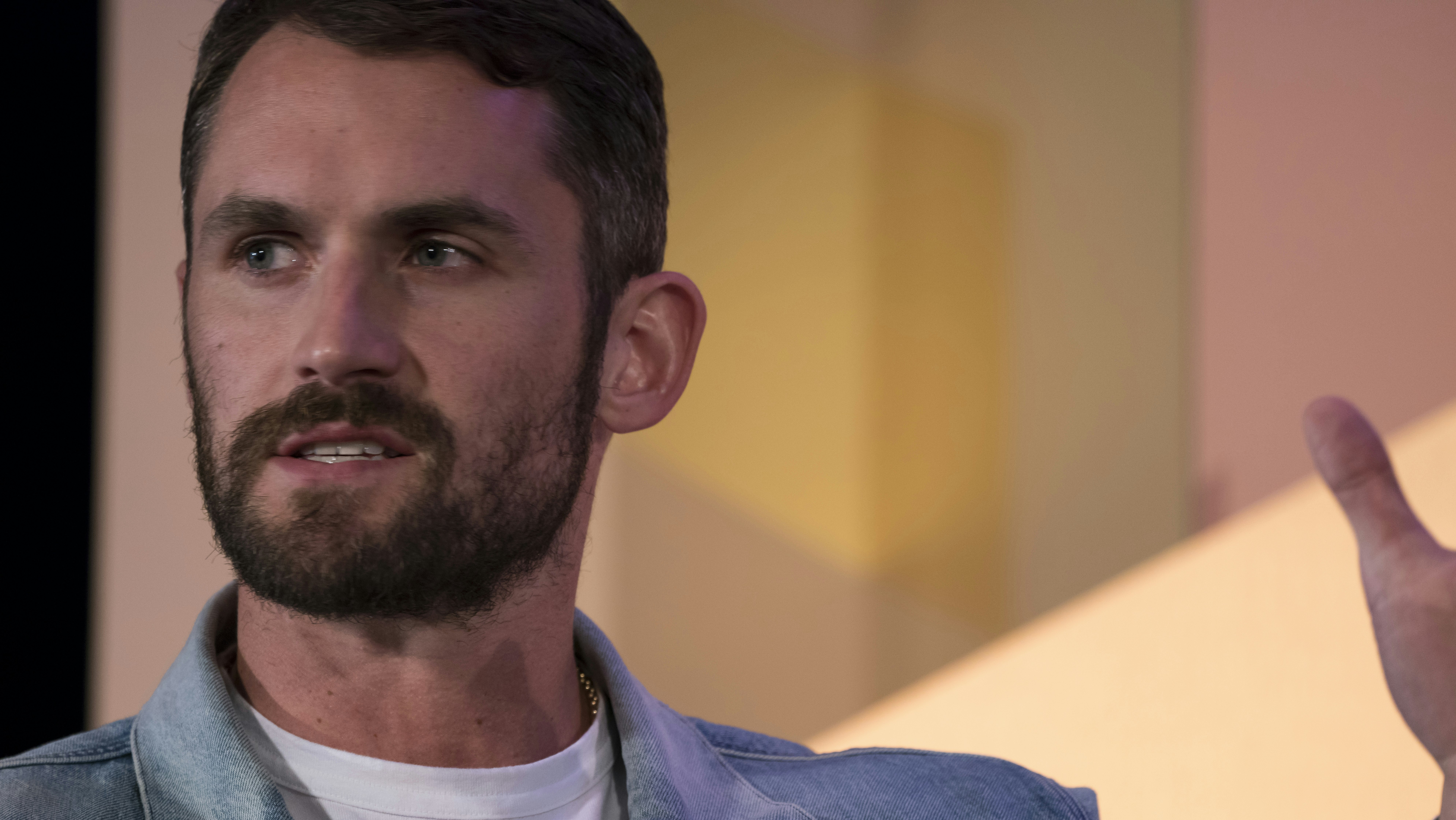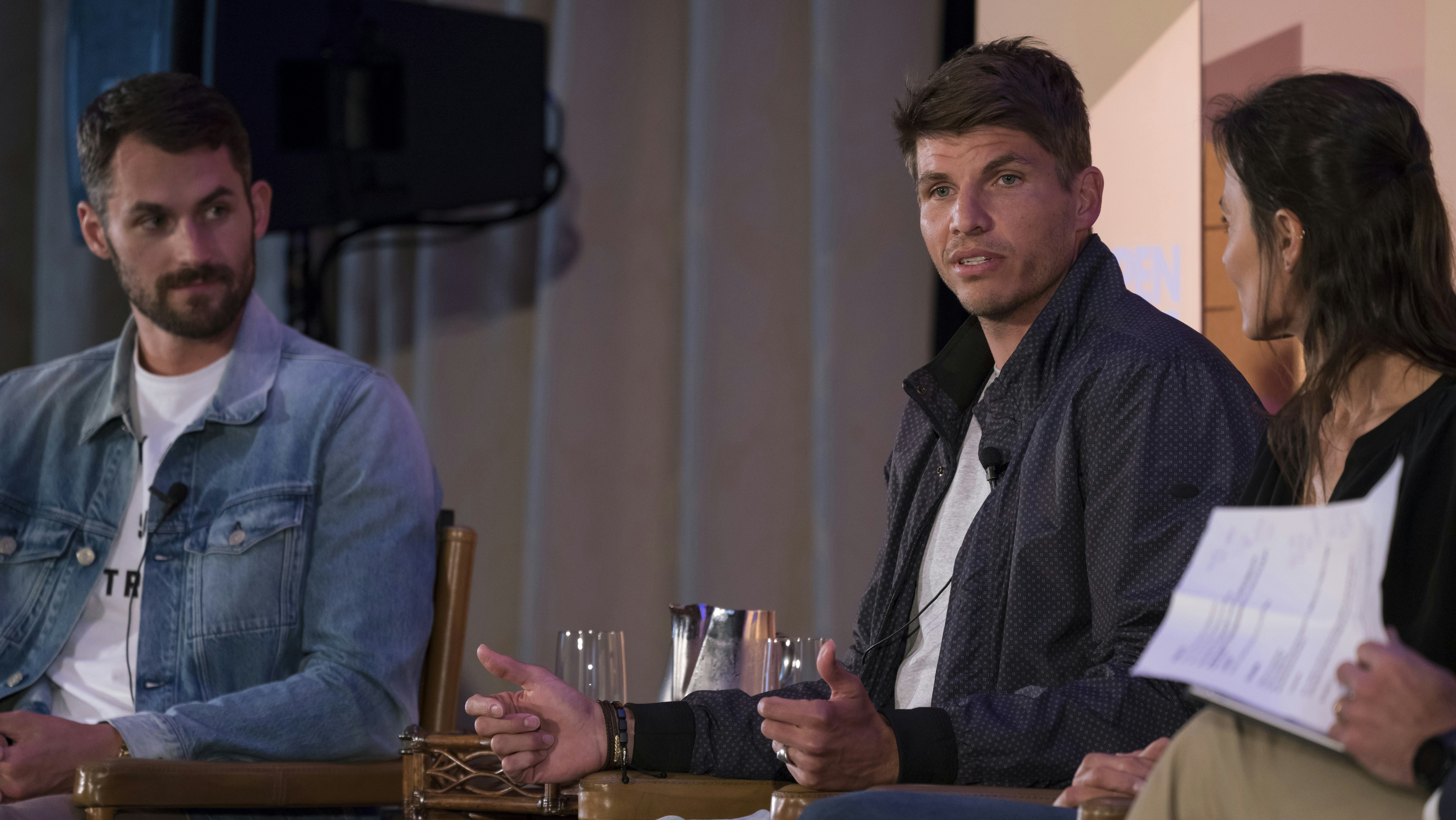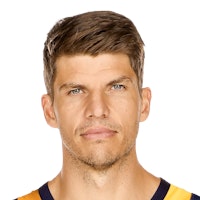
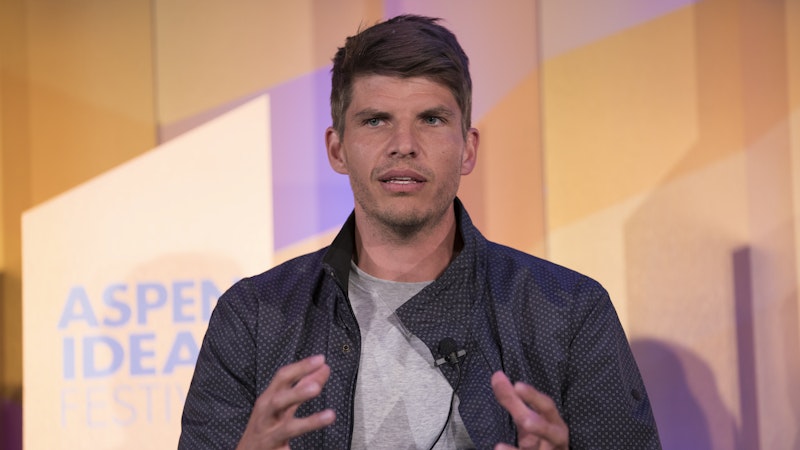
Is 40 the New 20 for Pro Athletes?
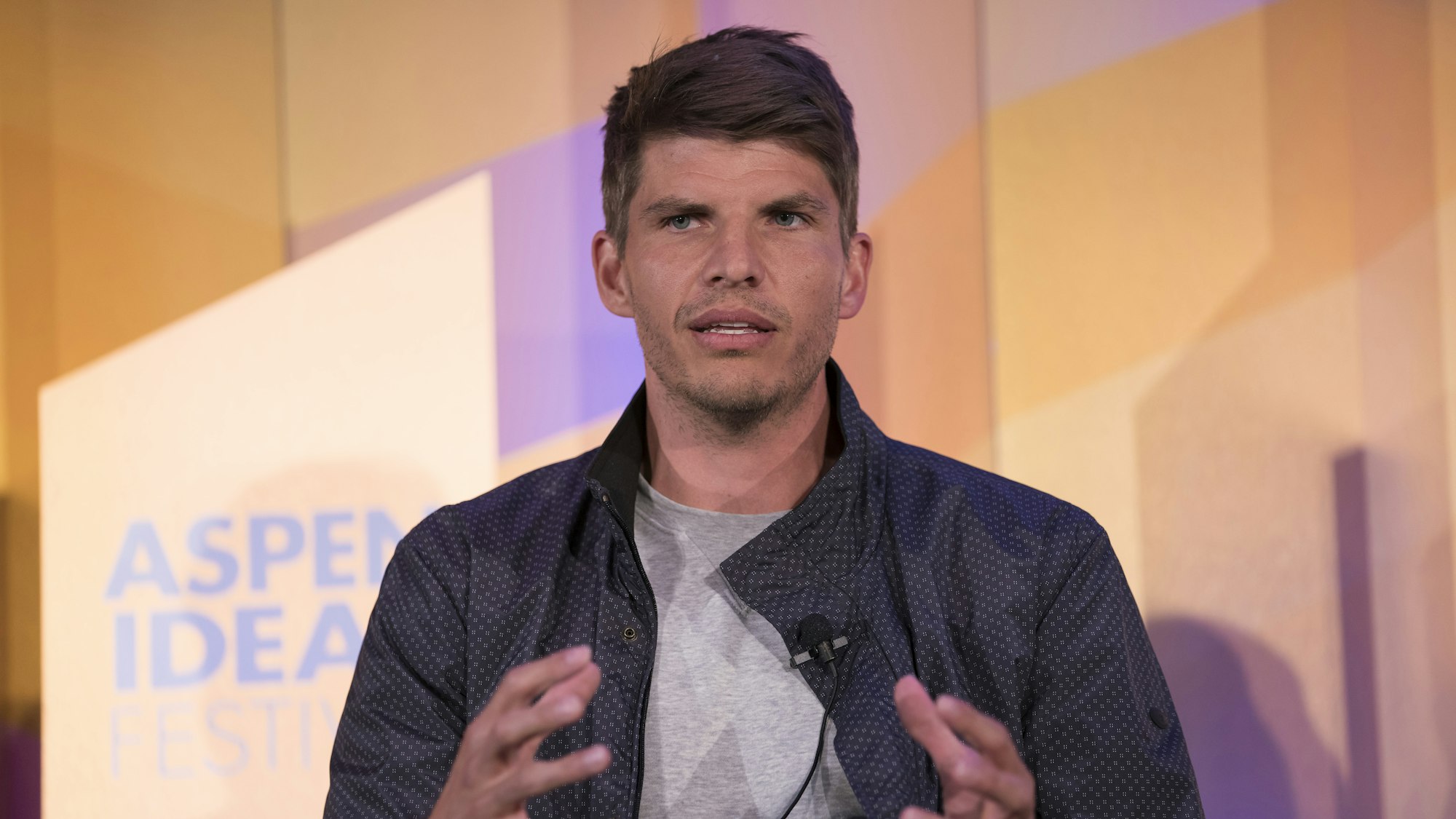
Over time, your body talks to you. If you’re willing to listen, it tells you what you need.
Setup
Williams, Jordan, James, Brady. They’re among a growing class of the superstar athletes delivering career-best performances well past what's been considered peak age for their sports. As this phenomenon becomes more common, it begs the questions how and why now? How are experience and maturity winning out over inevitable, natural physical decline? Athletes in the 30s and 40s — Kevin Love, basketball player for the Cleveland Cavaliers, Kyle Korver, ball player for the Utah Jazz, and Hilaree Nelson, professional ski mountaineer, share details about the training and lifestyle changes that are keeping them as strong as their younger selves.
Training has improved because science has improved
Kyle Korver’s professional basketball career has evolved. When he entered the NBA 16 years ago, he remembers spending hours in the gym shooting baskets. “But then, once you’ve developed that love and appreciation and you want to keep on going, you have to get smarter,” he says. Technology has helped him train more wisely.
NBA all-star Kevin Love agrees technology and science have led to more targeted training for professional athletes. Training is now customized for what position you hold on a team. As the power forward/center for the Cleveland Cavaliers, Love trains differently than Korver who’s a guard/forward. “I have to play powerful. I have to be able to play in the pain. I have to be able to hold guys off.” Outside of the gym, Love incorporates meditation, massage, and sleep into his training plan.
Sleeping in a tent in the snow — not so much
Hilaree Nelson, professional ski mountaineer, struggles with motivation now that she’s in her 40s. She’s been on four dozen expeditions, including a first ski descent of the world’s fourth highest peak, Lhotse. These trips require lots of planning, logistics, and often, uncomfortable situations. “[The idea of] spending night after night in a tent in the snow is not that sweet anymore.” To keep her passion alive, she says she works to lighten the mood.
Big IdeaI like to add a little bit of humor into what I do and make it fun and realize that I love it, and find the right people to train with. That gives me the motivation, and that keeps me going.Hilaree Nelson
Kevin Love's life change
Shortly into his professional basketball career, Kevin Love knew he had to make a change. When he entered the NBA, he weighed too much — 280 pounds. ”I was the guy who had the appetite of a kid at an unchaperoned birthday party,” he says jokingly. But the weight was no joke. NBA games were more frequent and the players more aggressive than in college. “I knew very quickly that my body wasn’t going to hold up over time unless I made a change.”
An unconventional (and unintentional) diet
Before mountaineer Hilaree Nelson heads out on an expedition, she intentionally puts on weight. “I have to eat a lot of protein and carbohydrates,” she says. At altitudes of 20,000-plus above sea level she says she burns 6,000 calories a day doing nothing. An added challenge is that altitude causes a loss of appetite. “It’s a race against time in maintaining your physical strength and finishing your climbing within this window before you’re emaciated.”
Forget that cheeseburger: you’re less hungry at higher altitudes
The secret to finding the right balance
When it comes to a training routine, basketball player Kyle Korver says he tries to find balance. “I think one of the biggest challenges is finding energy. Basketball takes a lot of energy and then I have to go home and be a dad.” Korver, who’s the father to three children under six years old, says finding time for wrestling, tickling, and playing ball is key. “So, I have game day naps and I gotta try and be in bed by a certain time. On the road is where I do my massages because it’s not taking away time from my family....You still gotta live,” he says.
Learn More
Additional Information
Resources
Explore More
Society


Being a parent today is full of stress, pressure and information overload. Experts offering advice are everywhere, and for some parents, the wealth of available resources can...
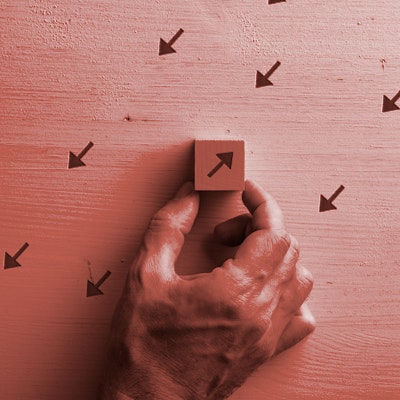

The quest for work-life balance is never ending for many of us. The advice in this talk from the 2023 Aspen Ideas Festival still holds a lot of relevance, so we’re bringing it...


Living as a trans person in America comes with its share of challenges, which are sometimes even life-threatening. But some say it can also open up access to incredible freedo...


The rapid development of the Covid-19 vaccine and the ramp-up of manufacturing and global distribution were unprecedented feats of medical coordination. But those on the insid...

Space… the final metaphor for the unknowable. But we are certainly trying to understand what goes on out there, and the more we learn, the more fascinating questions start to...

Since 2014, Aspen Ideas: Health has welcomed nearly 800 inspiring women leaders to our stages to share their bold approaches to better health. In honor of Women's History Mont...

Global conflicts and health crises have put into stark relief deeply-ingrained gender roles in society. Yet the past years have also seen record-high numbers of women running...

The people in our lives shape who we are. But great relationships don’t just happen — they take care, intention, and ongoing effort. How do you know when to let go, adjust exp...


Advances in medicine and healthy living mean that more and more people will live to be 100. But just because their bodies can last doesn’t mean their bank accounts will keep u...


In the early days of cable television, there wasn’t a single network aimed at Black audiences. Sheila Johnson and her husband at the time saw an opening, and put all their hop...

Our attitudes, habits, pleasures, and responsibilities shift across the generations, influencing the health challenges we face and how we respond to them. Expectations about h...


Owning a professional sports team is not for the faint of heart. Results are volatile and wins and losses come with the strong emotions of a city’s fan base. But it’s a sound...

Setting audacious goals helps to redefine what is achievable in health, medicine, and science. As we deepen understanding of the human genome, unravel the mysteries of the bra...


Looking around and experiencing the suffering and injustice in the world can make it difficult to believe that happiness exists. But the Judeo-Christian tradition teaches that...


This episode is from the 2022 Aspen Ideas Festival, but we’re bringing it back because it’s still as relevant as ever. Though it can sometimes feel like conflict and discord i...

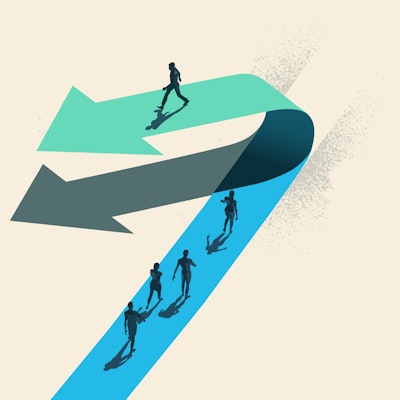
Sir Ken Robinson believed that as a society, we tragically underestimate and underutilize human ability. We create linear systems for our minds modeled on industry and manufac...

As we wrap-up another year of elevating big ideas at Aspen Ideas: Health, we're excited to share the 15 most-watched sessions from the event. These conversations with inspirin...


Young people in America are struggling. The causes are varied and may not be entirely clear, but the results are unfortunately unmistakable. Many of our youth feel lonely, iso...

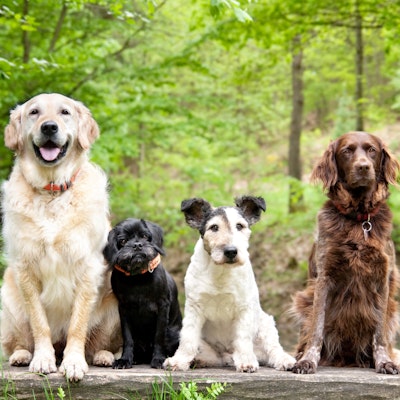
Research on aging and extending life and healthspan has ventured beyond humans to our best animal friends – dogs. In less than a year, dog owners may be able to buy a drug tha...
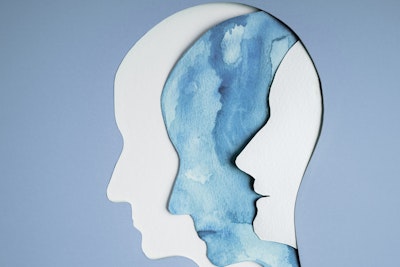
In America, millions of people struggle with mental health including depression, anxiety, and more — all further exacerbated by living through a pandemic. The National Allianc...






